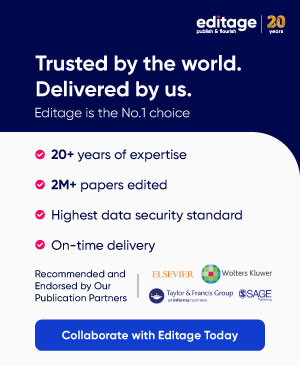As AI continues to advance at an unprecedented pace, academic researchers are increasingly looking to leverage these powerful tools to enhance their work. From analyzing large datasets to processing natural language, AI tools like ChatGPT have the potential to revolutionize the way we conduct research and gain new insights. In this article, we’ll explore some of the areas where academic researchers can confidently use AI tools, as well as some of the limitations and ethical considerations to keep in mind.
Data Analysis
AI tools can help researchers analyze large datasets and identify patterns that might be difficult to spot manually. With the help of machine learning algorithms, researchers can train models to recognize patterns, identify correlations, and make predictions based on the data they have collected.
Natural Language Processing
AI language models like ChatGPT can help researchers analyze written text, including academic papers, books, and articles. They can be used to identify important concepts, extract key insights, and even generate summaries of lengthy documents.
Image and Video Analysis
AI tools can help researchers analyze visual data, including images and videos. With the help of computer vision algorithms, researchers can extract valuable information from visual data, such as identifying objects in an image or tracking movement in a video.
Speech Analysis
AI tools can also help researchers analyze spoken language. With the help of speech recognition algorithms, researchers can transcribe conversations and analyze the tone, sentiment, and other aspects of speech.
Predictive Modelling
AI tools can be used to build predictive models that can forecast future trends based on historical data. For instance, researchers can use machine learning algorithms to predict the likelihood of a disease outbreak, the success of a new product, or the probability of a financial crisis.
However, there are some areas where researchers should be cautious about using AI tools like ChatGPT:
Ethics
AI tools can sometimes be biased or lead to unfair outcomes. Researchers should be mindful of the ethical implications of using AI and ensure that their research is conducted in a fair and unbiased manner.
Security
AI tools can be vulnerable to cyber attacks, and researchers should take steps to ensure that their data is secure and protected.
Data Quality
AI tools rely on high-quality data to be effective. Researchers should ensure that their data is accurate, reliable, and representative of the population they are studying.
Human Involvement
AI tools can be powerful, but they should not replace human judgment entirely. Researchers should use AI as a tool to augment their own expertise and judgment, rather than relying on it entirely.
Writing & Editing
While AI tools like ChatGPT have made impressive advances in generating coherent and grammatically correct text, they are still far from being able to replicate the creativity, nuance, and context that humans bring to writing. Moreover, using AI to generate or edit academic work raises ethical questions around plagiarism, intellectual property, and academic integrity. For these reasons, researchers should rely on their own writing and editing skills, or work with human editors who can provide valuable feedback and ensure the quality of their work.
In conclusion, AI tools like ChatGPT can be valuable resources for academic researchers, but they should be used with caution and in areas where they can provide genuine benefits. By being mindful of the ethical implications of AI, ensuring data quality, and using AI as a tool to augment human expertise, researchers can unlock the full potential of AI in their work.


Comment